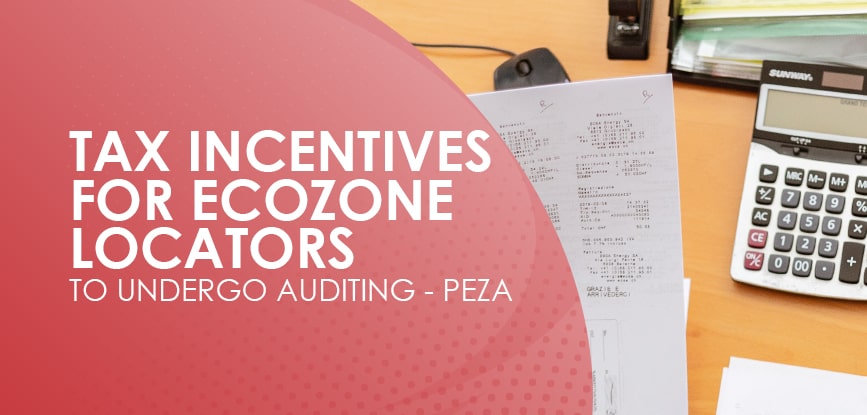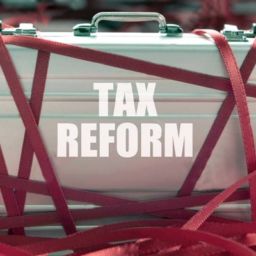
Tax Incentives for Ecozone Locators to Undergo Auditing – PEZA
The Philippine Economic Zone Authority (PEZA) will hire an independent auditing firm to determine the impact of their tax incentives towards the Philippine economy after the Department of Finance (DoF) attributed the government’s loss of revenue to the tax holiday entitlements offered by the investment agency.
According to Director General Charito Plaza, the audit aims to identify PEZA’s fiscal incentives enabling economic growth and its efficiency to the Philippine economy for over two decades. The cost-benefit analysis will cover the 2005-2018 period. PEZA will utilize the third-party auditor’s results to create future strategies for their incentives.
“We want to have a performance audit of PEZA from the time it was created in [1995] to 2018, so we will really know the efficiency of the PEZA and the (economic) contribution of every incentive,” she said.
“We might be wrong in our assumption and there are areas that the Department of Finance is correct,” she added.
PEZA Tax Incentive Allegedly Caused Drain of Economy
DoF intends to propose reforms on PEZA’s fiscal incentives. The government agency is intent on ending the 5% tax on gross income earned and other Income Tax Holidays (ITH) which they believe is the cause of the government’s loss in revenue. The foregone tax revenue caused by the incentives could have clocked in at P300 billion in 2015 and P178.5 billion in 2016.
However, Plaza rebutted DOF’s claim by justifying the incentives granted to the numerous jobs generated, and revenues from domestic purchases and export revenues accrued from PEZA-registered enterprises.
Plaza also states that it is the National Economic Development Authority’s (NEDA) responsibility to conduct the cost-benefit analysis as prescribed under Republic Act 10708 or the Tax Incentives Management and Transparency Act (TIMTA) of 2015.
“If only NEDA had done the cost-benefit analysis as required by the TIMTA law… Wala daw specialist pa si NEDA (NEDA says they do not have specialists at the moment) to interpret and do the cost-benefit analysis. Kaya nga DoF (which is why DoF) bases its position on its own computations and we have our own,” Plaza said.
The Director-General is looking forward to the audit’s completion within the year as it can help the investment promotion agencies defend and retain their incentives before the proposals transmission to the 18th Congress. DoF’s reform bills seek to reduce the corporate income taxes to 20% in 2029 from the current 30% and rationalize the current fiscal incentive system.





